80 years after Trinity, US senators cite India-Pakistan tensions in renewed call to reverse nuclear arms race
Markey introduced the resolution on July 16—the same day in 1945 the U.S. conducted the first-ever nuclear explosion at the Trinity Site in New Mexico.
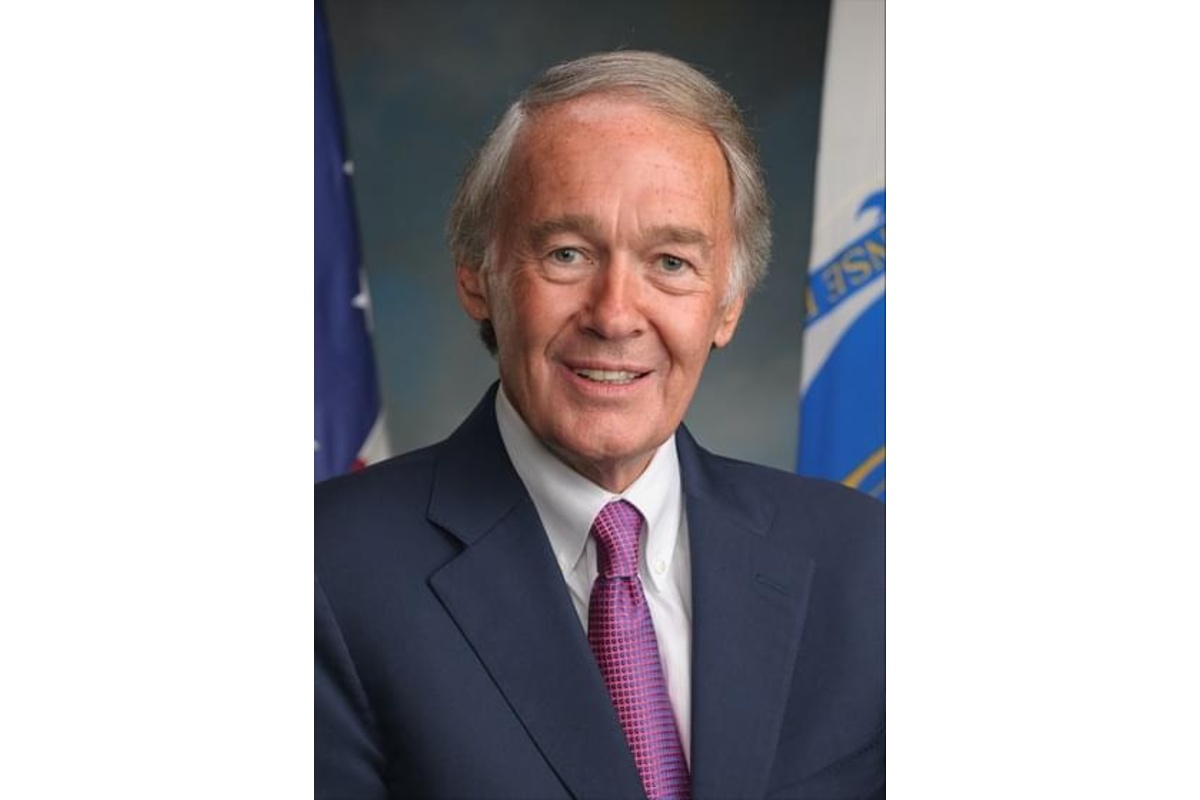 Edward John Markey is an American politician serving as a United States senator from the state of Massachusetts, a seat he has held since 2013 / Lalit K Jha
Edward John Markey is an American politician serving as a United States senator from the state of Massachusetts, a seat he has held since 2013 / Lalit K Jha
On the 80th anniversary of the historic Trinity nuclear test, a group of US Senators led by Edward J. Markey (D-MA) have introduced a Senate resolution urging the United States to lead a global effort to halt and reverse the growing nuclear arms race—pointing to current threats, including the escalating tensions between India and Pakistan, as potential triggers for catastrophe.
The resolution (S. Res. 323) is a Senate companion to House Resolution 317, spearheaded by Rep. Jim McGovern (D-MA), and calls on the President to take bold action: work with Russia and China to reduce nuclear arsenals, renounce the first use of nuclear weapons, limit the President’s unilateral authority to launch a nuclear strike, end the development of new nuclear weapons, and uphold the global moratorium on nuclear testing.
ALSO READ: Trump says he thinks 5 jets were shot down in India-Pakistan war
Markey is joined by Senators Jeff Merkley (D-OR), Peter Welch (D-VT), Bernie Sanders (I-VT), and Chris Van Hollen (D-MD), who introduced the resolution on July 16—the same day in 1945 the U.S. conducted the first-ever nuclear explosion at the Trinity Site in New Mexico.
“Eighty years after the Trinity test, much progress has been made to reduce nuclear dangers, but much work remains to be done,” said Senator Markey. “The U.S., Russia, and China must act—especially to replace the New START Treaty before it expires next year. If they don’t, we may face a new and more dangerous arms race.”
“We can’t afford to cede any ground in limiting nuclear proliferation,” said Senator Welch. “This resolution reaffirms our commitment to pursue a world free of nuclear weapons.”
The resolution highlights multiple global nuclear flashpoints: not only Ukraine and the Korean Peninsula, but also the conflict between India and Pakistan. The lawmakers warned that even a limited nuclear exchange in South Asia could trigger global climate disruption and widespread famine, with effects rippling far beyond the region.
Senator Merkley referenced the Doomsday Clock’s unprecedented proximity to midnight. “It’s now 89 seconds to midnight—the closest we’ve ever been to global disaster,” he said. “American leadership is essential to reverse course.”
Senator Van Hollen emphasized the need for continuity in arms control. “We must pursue treaties like New START to reduce the risk of nuclear war while maintaining national security,” he said.
The United States has already dismantled thousands of nuclear warheads and suspended nuclear testing since 1992. Still, over 12,000 nuclear weapons exist globally, with the U.S. and Russia maintaining about 5,000 each.
The resolution also calls for environmental remediation in nuclear-affected communities, compensation for victims of nuclear testing, and a just economic transition for those employed in the nuclear weapons complex.
The bicameral initiative is backed by the Nuclear Weapons and Arms Control Working Group, co-chaired by Sens. Markey and Merkley, and Reps. John Garamendi (D-CA) and Don Beyer (D-VA). The House resolution has over 20 Democratic co-sponsors, including Reps. Shri Thanedar, Pramila Jayapal, Rashida Tlaib, and Zoe Lofgren.
As the world marks eight decades since the dawn of the nuclear age, the resolution delivers a sobering message: global peace cannot rest on a hair-trigger. The window to act, lawmakers warn, is rapidly closing.
ADVERTISEMENT
ADVERTISEMENT
E Paper
Video




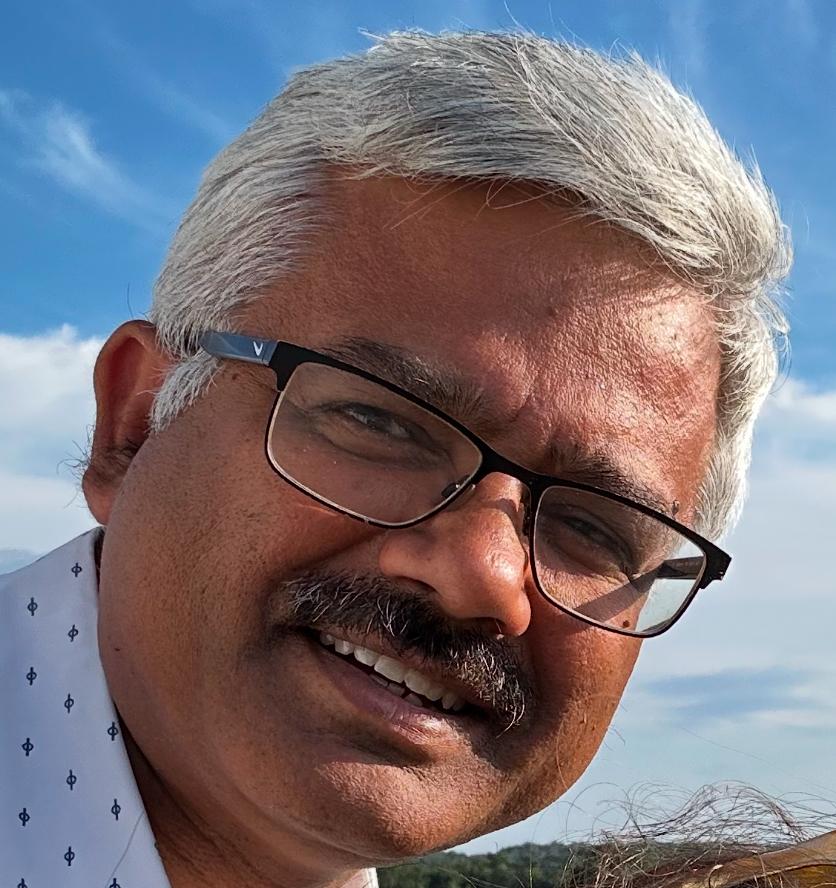 Lalit K Jha (IANS)
Lalit K Jha (IANS)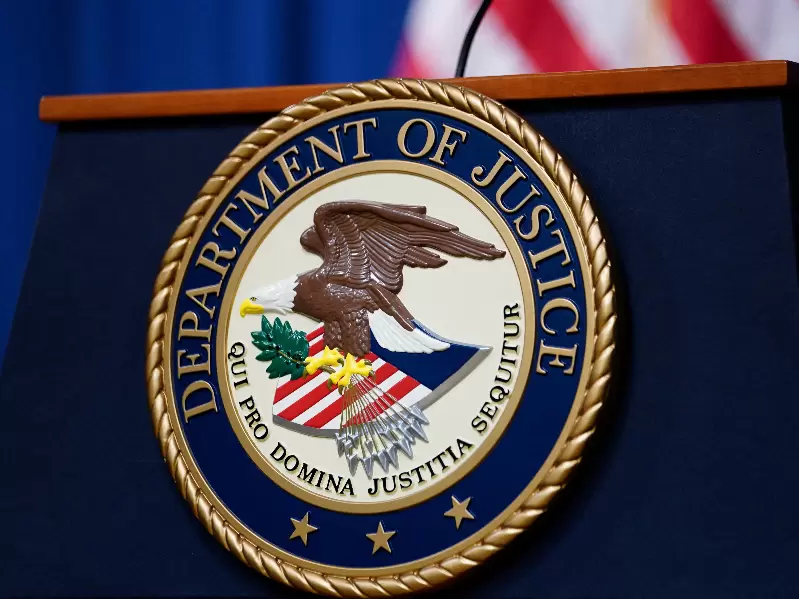

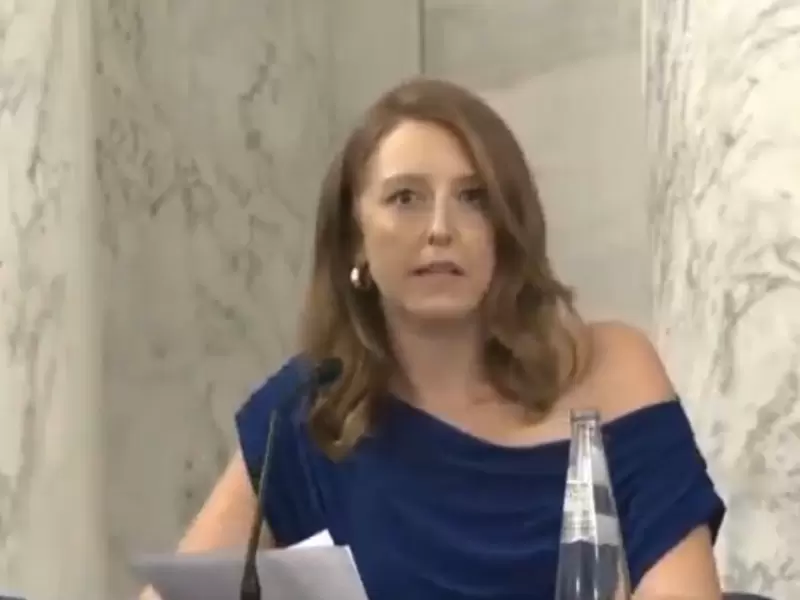

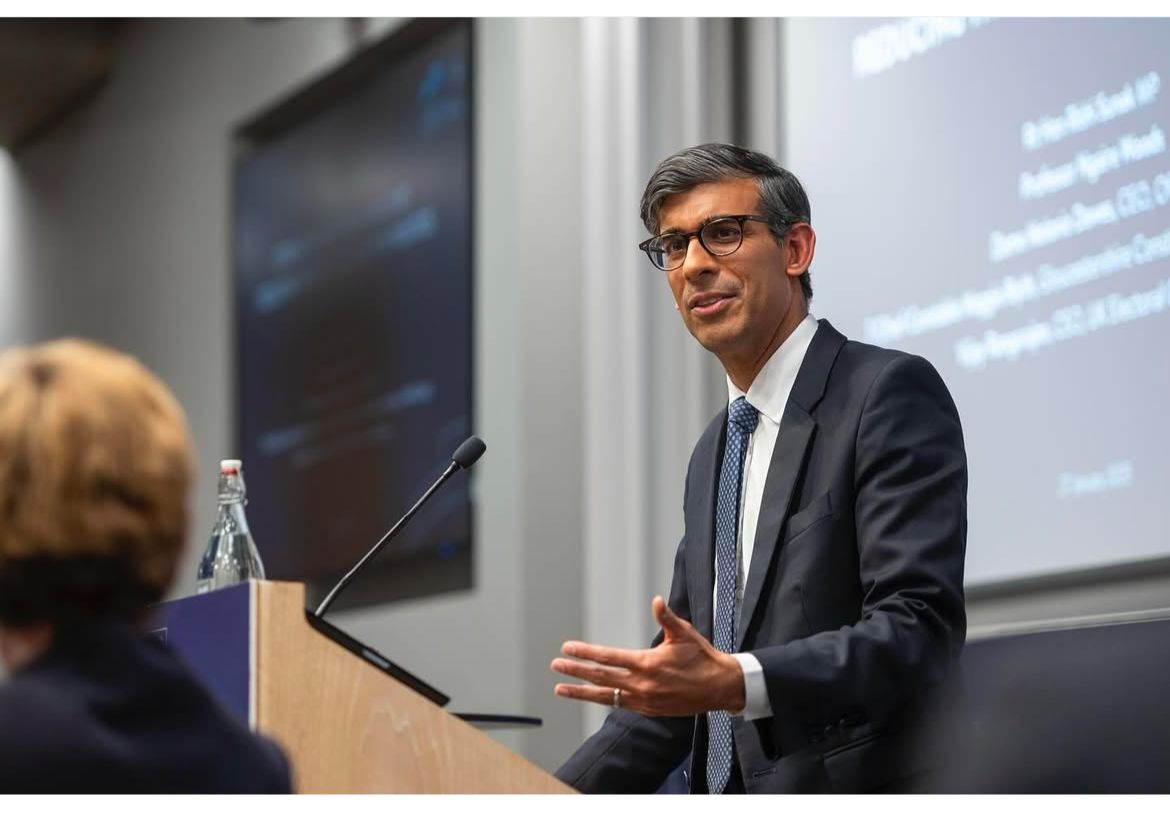

.jpg)
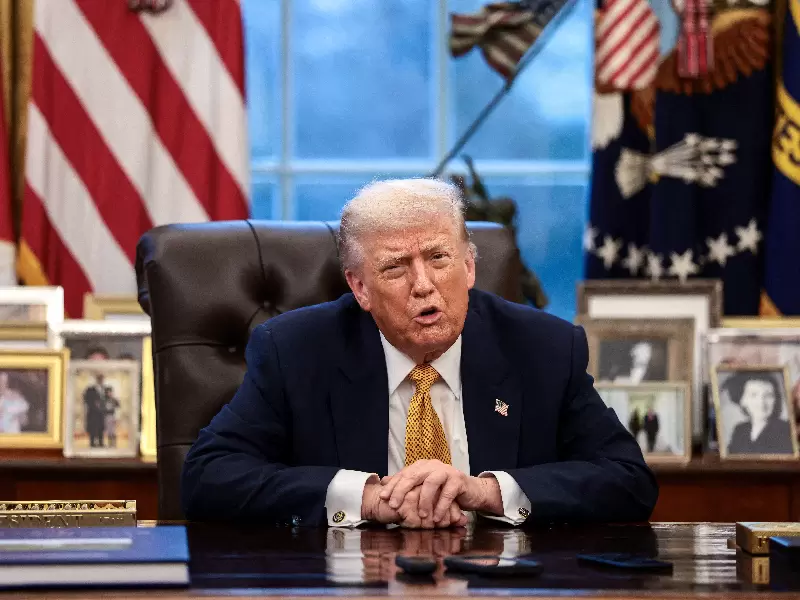

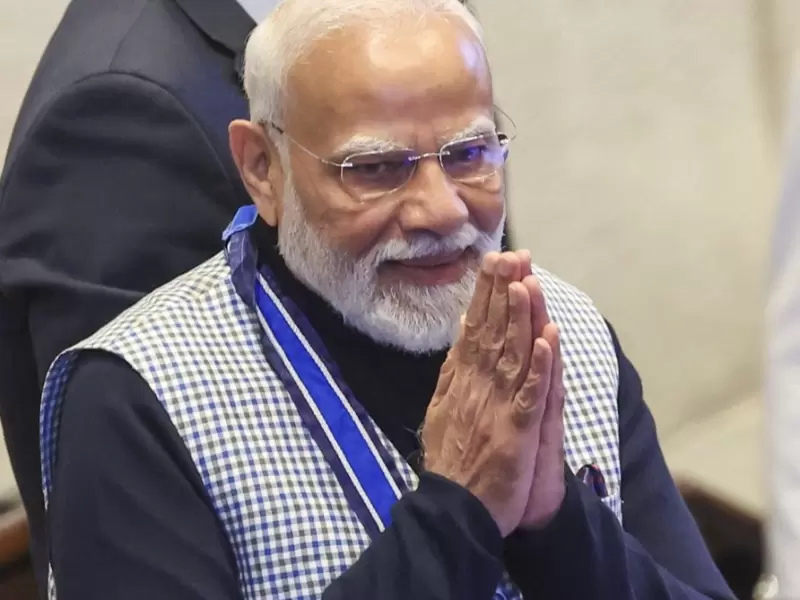

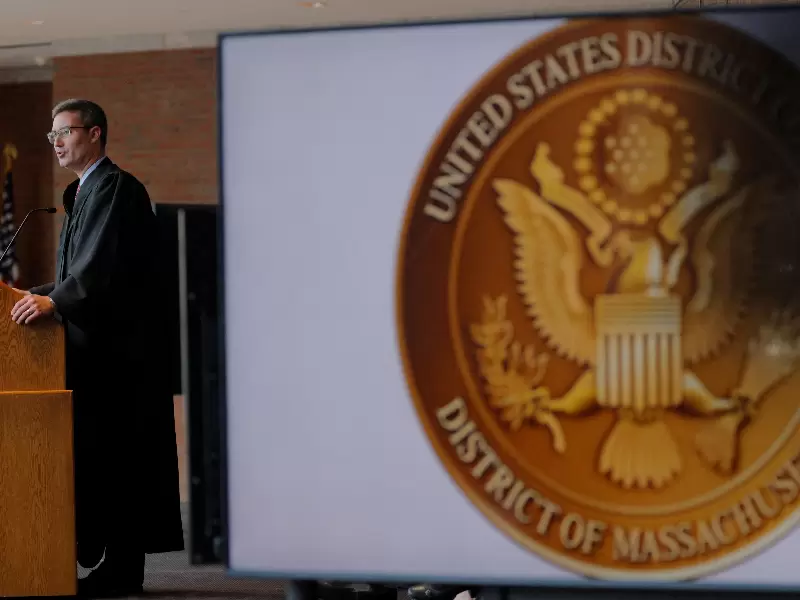


Comments
Start the conversation
Become a member of New India Abroad to start commenting.
Sign Up Now
Already have an account? Login